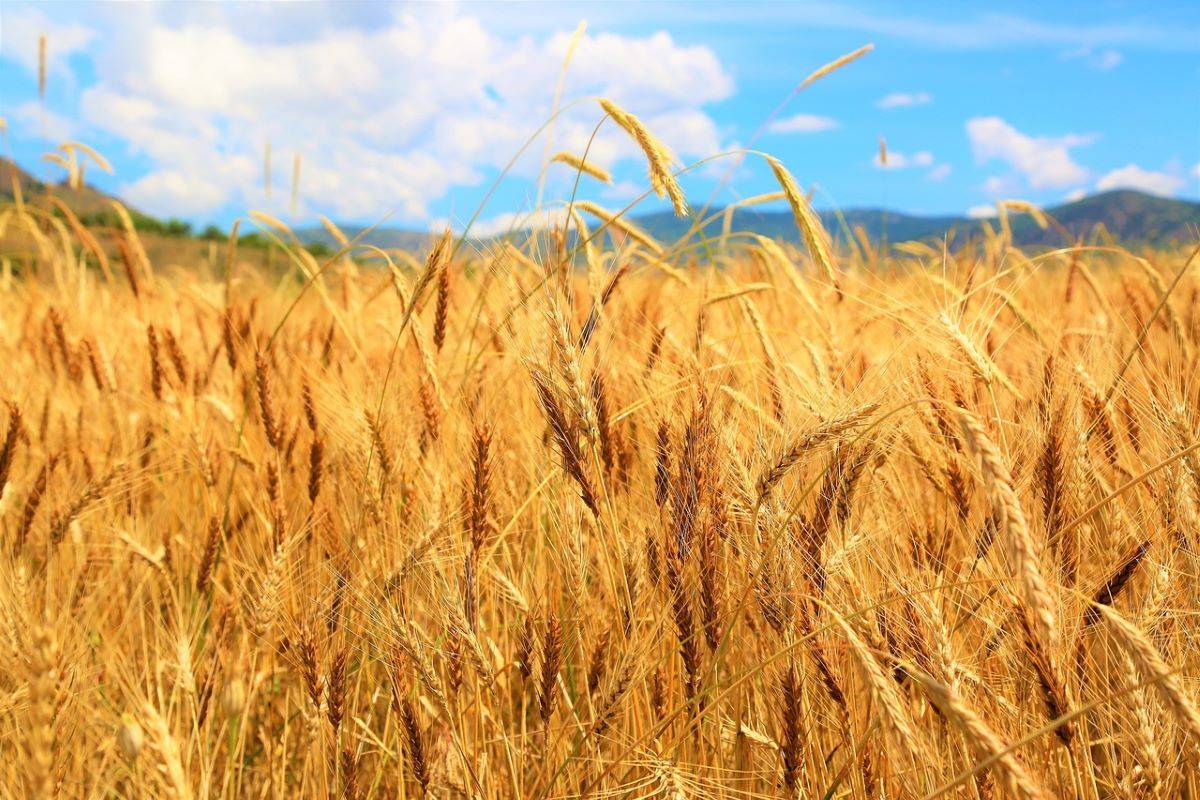
Continuous heavy rains in China's Henan province have wreaked havoc on the wheat crops of local farmers. Chen, a farmer in the region, has witnessed his wheat fields saturated with water, causing the stalks to bend and the kernels to sprout prematurely.
This premature sprouting is detrimental as it results in lower-quality flour unsuitable for making noodles or bread. Consequently, a significant portion of the crop may need to be sold as less valuable animal feed or could even be abandoned altogether.
Henan province, often referred to as the granary of China, is responsible for approximately one-third of the country's wheat production. With an estimated 30 million metric tons of wheat expected to be affected by the heavy rains nationwide, out of a forecasted bumper crop of 137 million metric tons for the entire country, the losses incurred may necessitate an increase in grain imports for China, which is the world's largest wheat consumer.
Reports indicate that approximately one-third of the wheat across southern Henan has already sprouted, according to a harvester driver working in the region. Neighboring provinces such as Anhui, Shanxi, and Shandong have also experienced rainfall, although the extent of the damage is still unclear. The situation could potentially lead to a heightened demand for overseas grain imports.
Darin Friedrichs, co-founder of Shanghai-based Sitonia Consulting, commented on the situation, mentioning that imports of wheat into China were already increasing. He further stated that if there was damage to the crop, it was likely that China would have to increase its imports in the following year. Friedrichs pointed out that such a scenario would have an impact on global prices and global markets. Nevertheless, he also observed that China's significant grain stocks should assist in mitigating any impact on food prices.
The need for increased grain imports comes at a time when Australia, a major wheat producer, is facing reduced output due to the El Nino weather pattern, and Ukraine's grain exports remain limited due to the ongoing war in the region.
Farmers like Chen will suffer financially as a result of this disaster. In response to the situation, China's Agriculture Minister Tang Renjian visited affected areas, including Zhumadian, and called for "extraordinary measures" to be taken to salvage the wheat crop, according to a statement from the Ministry of Agriculture. The Henan government is urging insurance providers to cover damages caused by premature sprouting and settle claims promptly. Additionally, state grain buyers have been instructed to purchase lower quality wheat at prices higher than the market rate.
Grain dealer Wang, based in Xiping, is currently paying farmers 2,100 yuan ($295) per metric ton of germinated wheat, which is approximately 75% of the market price for food-grade wheat. Wang has noticed that the wheat she has purchased has mostly sprouted, resulting in an undesirable taste and poor dough quality. However, if the damp wheat remains unharvested, the price paid to farmers may decrease further, unless the fields dry up promptly.
Farmers are employing various methods such as digging trenches and using pumps to drain water from their fields to facilitate harvesting. Chen estimates that it will take at least four or five more days before they can begin harvesting, adding, "This is really a disaster."
















